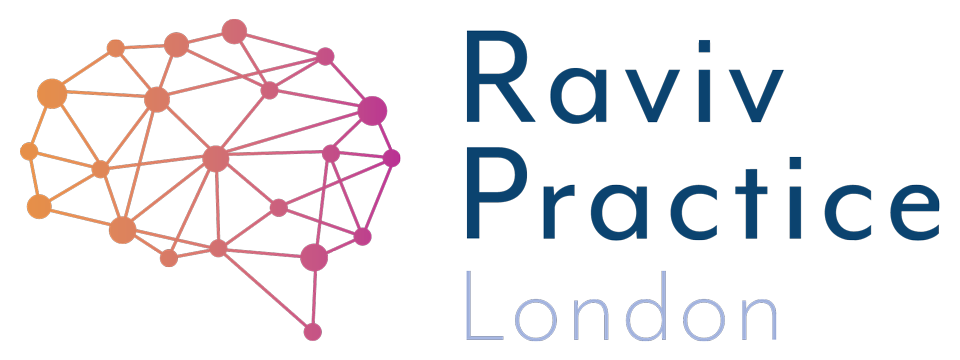How can I help my pre-school child with their writing skills?
How can I help my pre-school child with their writing skills?
A few years ago, when my daughter was a mere five years old, we used to get home from school, and after a snack and drink, we would sit at the coffee table and do handwriting practice. She hated handwriting practice with a real passion. We would write a few words, mostly her name, and then it was quits. Her tolerance level was three to five minutes maximum. We duly finished our handwriting practice on such an afternoon and packed the pencils/pens away. This is usually the time when she goes to settle on the sofa with her special programme, "Dora the Explorer," and I can get the dinner sorted - creamy mushroom pasta was on the menu that night!
“she was standing relatively close to the wall, holding a black felt tip pen! ”
Typically, when Dora the Explorer was on, I could hear her laughing and shouting at the television, "Boots! Look in the backpack, Boots!' or whatever Dora wanted you to learn in Spanish, but today was eerily quiet… no sounds were coming through to the kitchen. As a parent, I’m sure you already know how worrying sudden silence can be!
My mummy's sixth sense was certainly twitching. I switched off the stove with the bechamel still half made and went into the living room. I was hoping very optimistically to see my daughter cozy and snug on the sofa, but instead she was standing relatively close to the wall, holding a black felt tip pen!
Horror struck me as I saw she had scribbled something on the wall behind her. Our nicely painted walls, a warm shade of taupe, Dulux's best paint, were tarnished with graffiti. I looked upset. I sounded upset. I asked, “What have you done, darling?” I was trying to keep calm, but my voice must have sounded tense. She told me in her tiny voice, “I wrote my name, mummy!” I was trying my best not to sound angry, and gently I reminded her that walls were not for writing on.
With that wonderful logic that only children have, she then crossed a neat line through her name in the same black pen! At first, I felt annoyed, but what else should you do if you make a mistake when writing? You put a line through it, of course!
We told this story to visitors and showed them the graffiti. There was a capital letter and full-stop; her grammar was certainly not at fault. I felt a strange mixture of pride and exasperation, which is something I am sure all mums are very familiar with!
“Infants need to write on a vertical surface because it helps them do two critical things.”
Should children write on the wall?
Believe it or not, the incident with the graffiti was more natural than writing at a desk. As a therapist specialising in children who learn differently, I realised this is actually good for them (this was after the incident, mind!). I wrote an article in for my local magazine which caused a real stir: "Why you shouldn't stop your toddler from writing on walls!"
I know all too well the horror of seeing your beautiful walls defaced, but there are actually very good reasons why they do it. Infants need to write on a vertical surface because it helps them do two critical things.
1. Develop hand dominance for writing
2. Improve visual motor integration.
I am not suggesting actually letting your children scribble on your walls, but strongly recommend you get yourself a whiteboard. I love the product 'Magic Whiteboard. Suppose you are a parent of a child who is struggling to write. Writing becomes fun when the child can be at the same eye level as the written information. It is a complete no brainer.
Helping children to write
Stick up your Magic Whiteboard at eye-level height for your child. Ask them to draw a circle. Drawing curves, loops, and spirals are all-natural shapes for early years children to create, and they’ll have fun doing it.
Are they drawing clockwise or anti-clockwise?
If your child is right-handed, they will naturally want to draw the circle clockwise. This is because we want to turn our hands in an outward fashion, so right-hand dominance means going in that direction is the easiest and most comfortable. Drawing clockwise is a great starting point for children's writing development skills. They will track their eyes from left to right, and this is how writing flows - so it is perfect,
Once they have the clockwise circle perfected, you can move on to other curves and loops, and from there, you can move to cursive script. These are all-natural progressive steps.
It is natural for children who are left-handed to go anti-clockwise. It would be best if you taught them how to trace your circle, and it must be towards the righthand (ask them to rest their right hand on the wall). This embeds the directional aspect of the left-handedness.
Having a whiteboard is brilliant because you can stand behind them and help them write.
What if you are right-handed and teaching your left-handed child?
If this is the case for you, and you will have certainly noticed which hand they favour by the time they’re drawing circles, if not long before, you need to think a bit more carefully about how you do this. Your instinct is to use your right hand, but it would be best if you used your left too, or this will be the start of inadvertently causing problems and jumbling their brains with directional confusion.
Standing behind your child, placing your hand on theirs and guiding them is a good starting point. Use chunky pens so they are practising their grasping skills and developing their tripod grip. Once you have hand-eye coordination, hand dominance, and core stability, you have all the right ingredients for excellent handwriting skills!
Talking of ingredients, the day of the scribble incident was when my sauce making skills flourished – the bechamel was the best I’d ever made! It turns out the sauce tastes much better if the flavours have time to infuse. I guess I thank my mummy’s sixth sense for that too!
If you’re concerned that your child is not developing as well or as quickly as they should, then please feel free to get in touch. I am always more than happy to give you some tips like the ones above and even suggest some appropriate programmes to help.
If you liked this blog post read our last one about Graduating from Nursery HERE
Dyslexia? Dyspraxia? ADHD? ASD? Speech & Language? Developmental Delay? Anxiety?
Is every school day a struggle? As a parent, you may feel exhausted and on this journey alone. Each year you see the gap getting wider. You need to do something - change the approach, help your child learn for themselves, find a way to turn this around - to help while you can - do this NOW. the first step is free.
About the Author
Usha Patel is a Neurocognitive Therapist and Director at Raviv Practice London. Parents searching to help their suspected/neurodiverse child can get evidence-based solutions with results in as little as 8 weeks. Those in search of jargon-free help can get started straight away.



